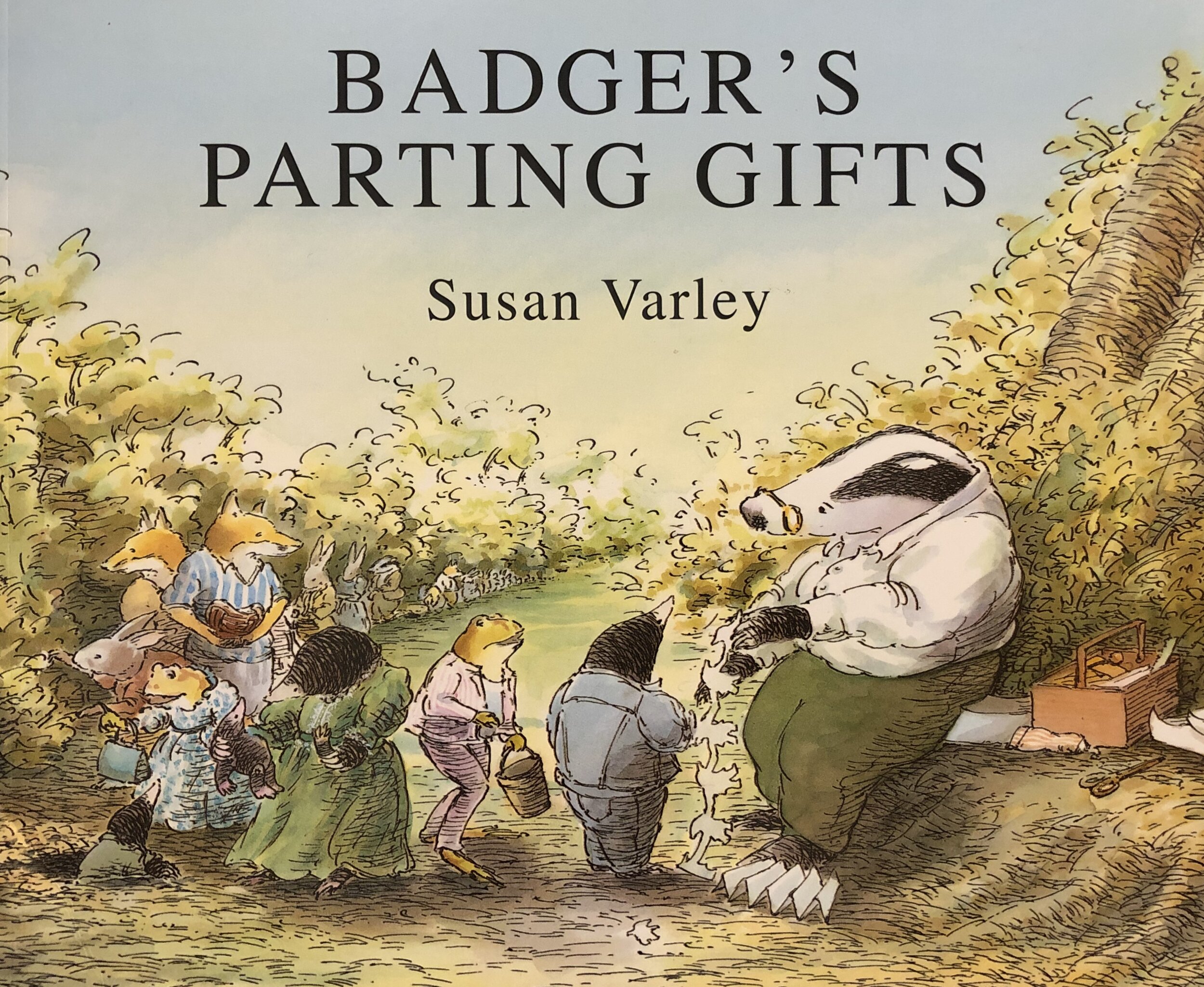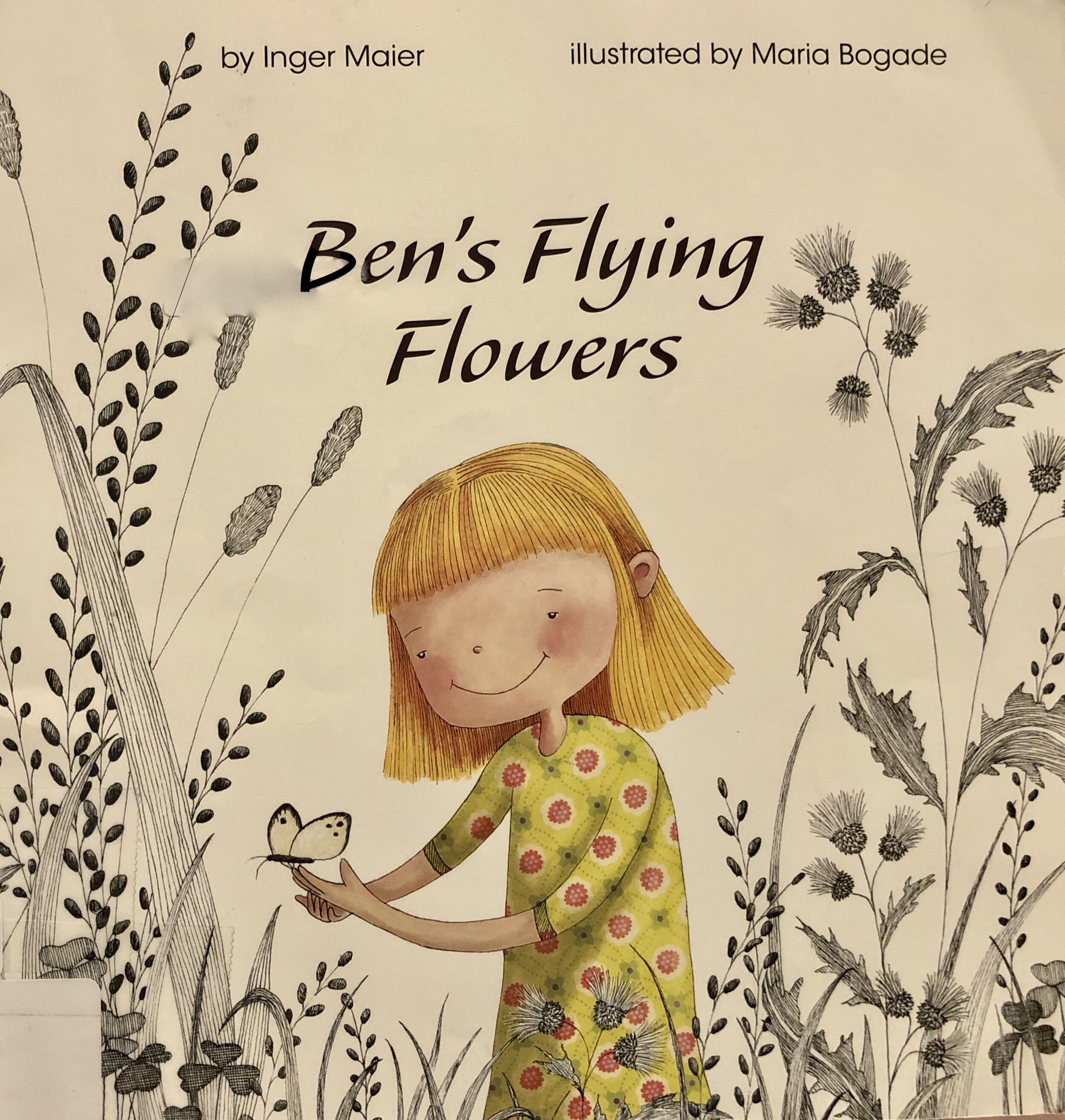Children depend on support from adults during the grieving process, but it can be difficult to talk about grief. Reading together creates a more comfortable environment to talk about difficult feelings. While grief can be related to many types of loss (e.g. divorce, natural disaster, a close friend moving, etc.), these recommended books are primarily focused on helping children process the death of a loved one.
Children sense when something is wrong, so it is usually best to gently and clearly explain what has happened rather than letting their imaginations take over. (If you’re not sure what to say, that’s another benefit of a good book!) For this same reason, it can also help your child if you share your own feelings and thoughts.
Remember to download the free Reading Guide PDF for each recommended book! (Click on the book title, then click “Download Guide.”) Some of these books are directly about processing the death of a loved one, and some are less direct. I’ll leave the book choosing up to your discretion because you know your child best. These are just a handful of books to offer support in the healing process.
Badger’s Parting Gifts
by Susan Varley
Beloved old Badger dies, and all his friends feel a tremendous sadness. In time, they begin to share their treasured memories of him with each other and smile as they think about everything Badger taught them. This story is excellent for helping children process their feelings when an older person (usually a grandparent) passes away.
The Memory Box: A Book About Grief
by Joanna Rowland
This book is told from the perspective of a young girl who has lost a loved one and makes a memory box of special items to help her remember the person.
The Invisible String
by Patrice Karst
When two children are scared by a storm, their mom comforts them and explains how people are never alone because they’re connected by love - an invisible string. Love can reach anywhere - from deep in the ocean or up to heaven - and is stronger than anger. This book is less directly about grief, so it may be a more comfortable starting point for some.
No New Baby
by Marilyn Gryte
A young girl learns from her parents that their expected baby was born too early and died. She feels scared, sad, and confused. She wonders if she caused it and remembers how she didn’t like all the changes for the baby at first. Grandma explains it is not the girl’s fault and comforts her. This book is a little wordy without much illustration, so it is better suited for early elementary or older PreK rather than 2 - 3-year-olds. The story communicates clearly what children need to know and normalizes their potential confusion, fear, and disappointment. It also includes helpful guidelines for parents and grandparents.
Ben’s Flying Flowers
by Inger Maier
Emily loves spending time with her brother Ben. When Ben dies from a long, serious illness, Emily is very sad and angry. In time, she finds what helps her feel better and remembers special times with her brother.
Everett Anderson’s Goodbye
by Lucille Clifton
This poetic story follows Everett through the five stages of grief as he processes his daddy’s death.
When Dinosaurs Die
by Laurie Krasny Brown & Marc Brown
This kid-friendly informational book explains death, feelings about death, and ways to honor loved ones who have passed away. It is direct and clear with light illustrations; this is helpful in resolving misinformation and fears children may have.
A Grand Old Tree
by Mary Newell DePalma
A less direct book, this uplifting story gently approaches the topic of death by observing the natural life cycle of a tree. It also shows the continuing impact a life can make.
For more practical tips and information, I recommend the book The Magical Thoughts of Grieving Children: Treating Children with Complicated Mourning and Advice for Parents by James A. Fogarty.
Wondering if your child needs therapy? Check out this article.
Do you know a family who could benefit from these book recommendations? Please share this article!









